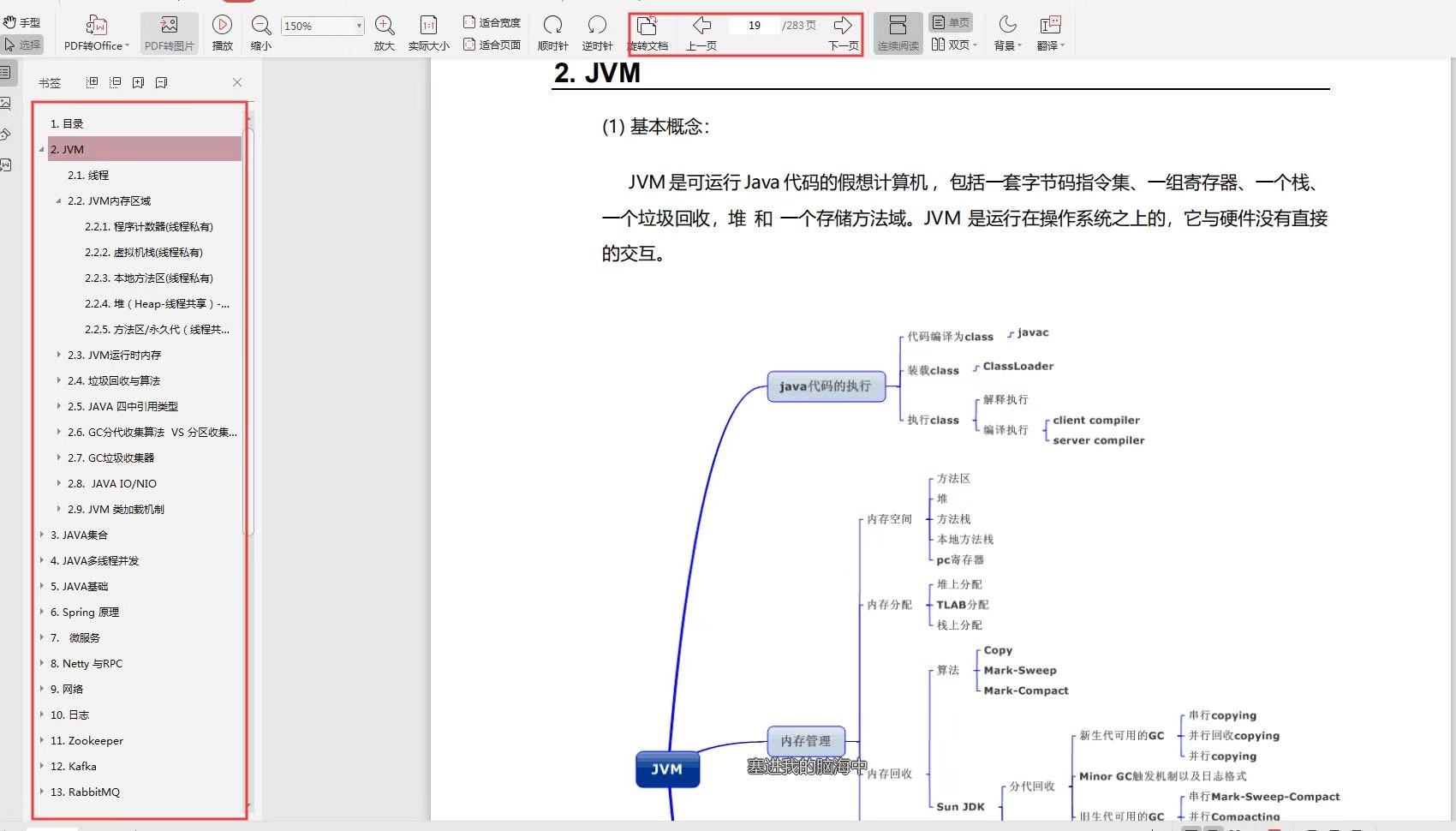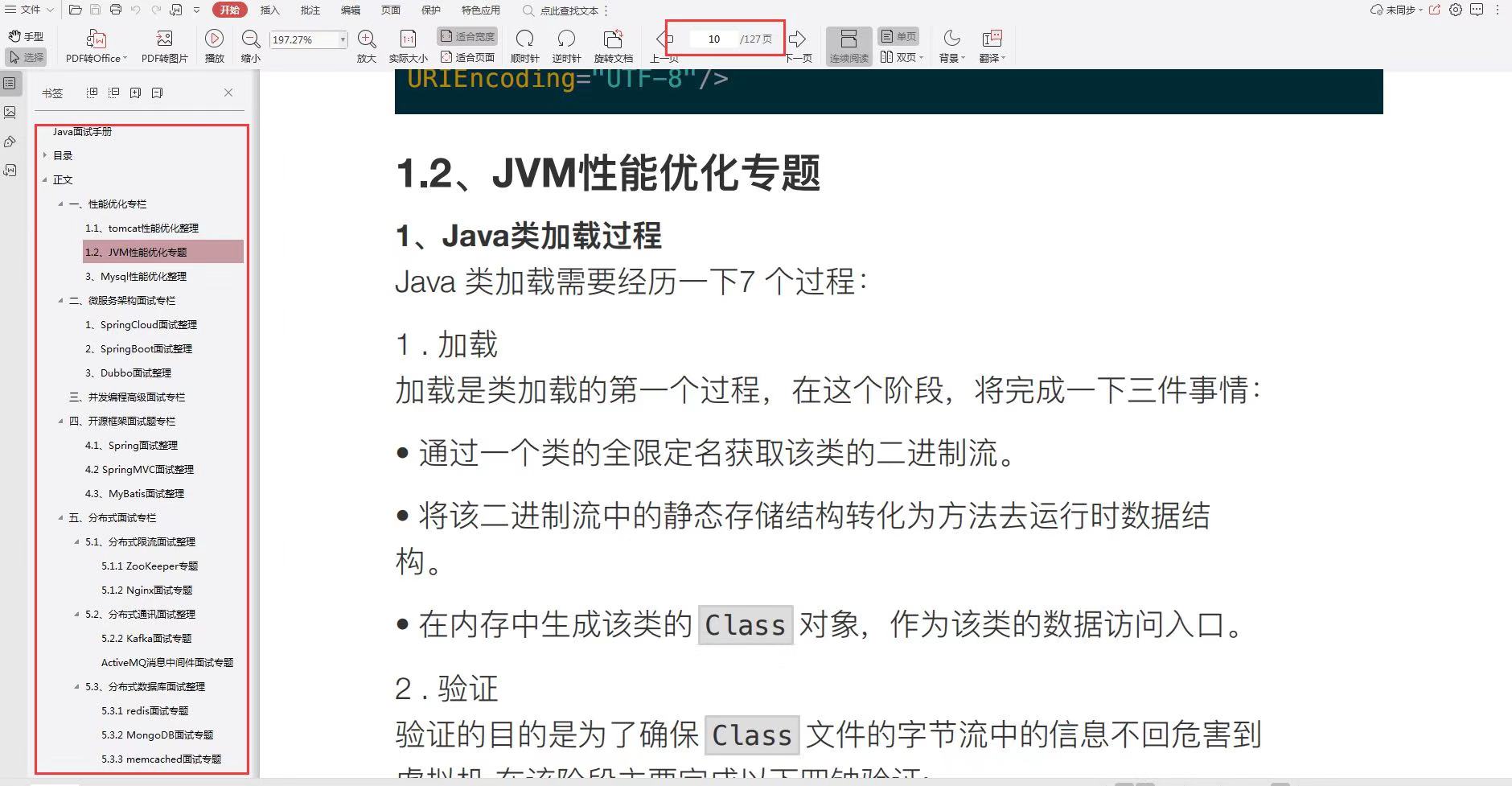我们先自定义一个注解(一个有关自定义注解的LJ文章 https://www.cnblogs.com/guomie/p/10824973.html)
/** * * 自定义日志注解 * Retention(RetentionPolicy.RUNTIME) 生命周期永远不会被丢弃 * Target(ElementType.METHOD) 作用于方法上 * Documented */ @Target(ElementType.METHOD) @Retention(RetentionPolicy.RUNTIME) @Documented public @interface LogAnnotation { // 描述 String actiondese() default ""; //类型 public enum Logtype {ADD,UPDATE,DEL,SET,LOGIN,LOGOUT,MESSAGE}; Logtype actionvalue() default Logtype.ADD; }
我们编写一个切面类
@Aspect
@Component
public class LogAop {
@Autowired
private RedisService redisService;
@Autowired
private LogService logService;
// 切点
// @Pointcut("execution(* com.monitoring.controller..*.*(..))")
@Pointcut("@annotation(com.annotations.LogAnnotation)")
private void controllerAspect() {}
//增强
@Around("controllerAspect()")
public Object log(ProceedingJoinPoint pjp )throws Throwable{
//先运行目标方法
Object object = pjp.proceed();
//获取request
RequestAttributes requestAttributes = RequestContextHolder.getRequestAttributes();
ServletRequestAttributes servletRequestAttributes = (ServletRequestAttributes) requestAttributes;
HttpServletRequest request = servletRequestAttributes.getRequest();
// 拦截当前方法的对象
Object target = pjp.getTarget();
// 获取正在拦截方法名称
String methodName = pjp.getSignature().getName();
// 获取方法的参数
Object[] args = pjp.getArgs();
// 获取请求的路径
// String requestURI = request.getRequestURI();
// 拦截的放参数类型
Signature sig = pjp.getSignature();
MethodSignature msig = null;
if (!(sig instanceof MethodSignature)) {
throw new IllegalArgumentException("该注解只能用于方法");
}
msig = (MethodSignature) sig;
Class[] parameterTypes = msig.getMethod().getParameterTypes();
Method method = null;
String actionType = "07";
String actionDesc = "";
try {
// 获取当前方法
method = target.getClass().getMethod(methodName, parameterTypes);
} catch (NoSuchMethodException | SecurityException e1) {
// TODO Auto-generated catch block
e1.printStackTrace();
}
if (null != method) {
// 获取方法上的注解
LogAnnotation annotation = method.getAnnotation(LogAnnotation.class);
if(null == annotation) {
return object;
}
// 获取注解上的信息
actionDesc = annotation.actiondese();
// 获取类型
Logtype actionvalue = annotation.actionvalue();
switch (actionvalue) {
case ADD:
actionType = "00";
break;
case UPDATE:
actionType = "01";
break;
case DEL:
actionType = "02";
break;
case SET:
actionType = "03";
break;
case LOGIN:
actionType = "04";
break;
case LOGOUT:
actionType = "05";
break;
case MESSAGE:
actionType = "06";
break;
default:
actionType = "07";
break;
}
}
// 获取访问真实IP
String internetIp = request.getHeader("x-forwarded-for");
if (internetIp == null || internetIp.length() == 0 || "unknown".equalsIgnoreCase(internetIp)) {
internetIp = request.getHeader("Proxy-Client-IP");
}
if (internetIp == null || internetIp.length() == 0 || "unknown".equalsIgnoreCase(internetIp)) {
internetIp = request.getHeader("WL-Proxy-Client-IP");
}
if (internetIp == null || internetIp.length() == 0 || "unknown".equalsIgnoreCase(internetIp)) {
internetIp = request.getRemoteAddr();
if (internetIp.equals("127.0.0.1") || internetIp.equals("0:0:0:0:0:0:0:1")) {
// 根据网卡取本机配置的IP
InetAddress inet = null;
try {
inet = InetAddress.getLocalHost();
} catch (UnknownHostException e) {
e.printStackTrace();
}
internetIp = inet.getHostAddress();
}
}
//对于通过多个代理的情况,第一个IP为客户端真实IP,多个IP按照','分割
if (internetIp != null && internetIp.length() > 15) { // "***.***.***.***".length() = 15
if (internetIp.indexOf(",") > 0) {
internetIp = internetIp.substring(0, internetIp.indexOf(","));
}
}
// 创建日志对象用于保存
BsUserLog4j log = new BsUserLog4j();
BsUserInfo user = JsonUtils.jsonToPojo(redisService.get(args[0].toString()), BsUserInfo.class) ;
//用户登出
if(actionType == "04") {
//删除缓存中的token值
redisService.del(args[0].toString());
System.out.println("已删除缓存中token值");
}
//设置时间
SimpleDateFormat sdf=new SimpleDateFormat("yyyy-MM-dd HH:mm:ss");
String actionTime=sdf.format(new Date());
// 设置log信息并保存数据库
log.setLogId(new BigDecimal(IDUtils.genId()));
log.setUsername(user.getUsername());
log.setActionType(actionType);
log.setActionTime(actionTime);
log.setActionDesc(actionDesc);
log.setInternetIp(internetIp);
//添加日志到数据库
logService.addLog(log);
System.out.println("添加日志: " + log.toString());
//最后返回目标方法
return object;
}
}
在配置里里面配置有关aop的配置
<beans xmlns:aop="http://www.springframework.org/schema/aop" xsi:schemaLocation="http://www.springframework.org/schema/aop http://www.springframework.org/schema/aop/spring-aop-3.0.xsd" <beans>
<!-- 自动为@aspectJ切面bean创建代理,true表示使用CGLib来创建 -->
<aop:aspectj-autoproxy proxy-target-class="true" />
controller层代码
@LogAnnotation(actiondese="用户登录",actionvalue=Logtype.LOGIN) @RequestMapping("/loginTest") @ResponseBody public CarResult loginTest(HttpServletResponse response,HttpServletRequest request, String name,String pas,String phoneNumer){}
其中还会遇到一些问题
1. error at ::0 formal unbound in pointcut
当出现这个错误的时候 表示你的通知方法得带上参数 比如

但是 request 不能通过参数传递进来 只能通过下面方式来获取
RequestAttributes requestAttributes = RequestContextHolder.getRequestAttributes(); ServletRequestAttributes servletRequestAttributes = (ServletRequestAttributes) requestAttributes; HttpServletRequest request = servletRequestAttributes.getRequest();
2.目标方法不执行
这时候我们需要先执行目标方法,然后再讲目标方法通过返回值返回出去
.jpg)

